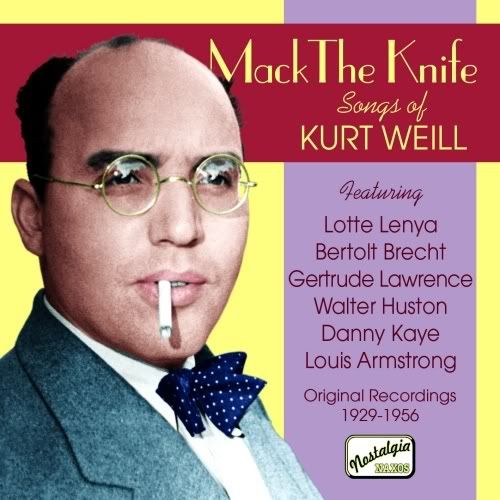Two years after their formation, the band recorded their first demo tape called Combat Folk. Featuring their punk/Irish folk songs and Italian resistance ballads, the demo sold more than 3000 copies, earning the Ramblers grassroots recognition all over Italy. Picked up by the independent label Helter Skelter, the band's debut album, Riportando Tutto a Casa was released in 1994. Eventually distributed by Mercury, the disc went on to sell an impressive 185,000 copies. In the years that followed, Modena City Ramblers earned a reputation as a powerful live act, performing throughout Europe in collaboration with artists such as the Chieftains and Irish rock vocalist Bob Geldof.
Their sophomore effort, La Grande Famiglia, experienced similar success to its predecessor, followed by Terra e Liberta which ushered in an era of international attention during which the Ramblers performed in nations such as Bolivia, Spain, Cuba and more. Known for their progressive politics, the band aligned itself with musicians of similar values such as Manu Chao, performing at festivals like the Independent Days Festival in Bologna and the Awesome Africa Festival in South Africa.
Their 2002 production Radio Rebelde garnered them invitations to perform in locations near and far, including Algeria, the Czech Republic, Amsterdam and Mexico. The band's 2004 album Viva la Vida! Viva la Muerte! (a quote from Zapatista leaders) found its way to Italian Top Ten charts, and opened doors for a 120 city tour. The Modena City Ramblers have become a staple of both the Italian rock scene and the leftist musical circuit alike.
Tracklist:
1 Macondo Express 3:21
2 Il Ritorno Di Paddy Garcia 3:53
3 Il Ballo Di Aureliano 4:04
4 Remedios La Bella 3:53
5 Radio Tindouf 4:54
6 Marcia Balcanica 2:42
7 Danza Infernale 3:42
8 Qualche Splendido Giorno 3:50
9 Transamerika 3:25
10 Lettera Dal Fronte 2:38
11 L'Ultima Mano 4:11
12 Cuore Blindato 2:38
13 Don Chisciotte 3:15
14 Cent'Anni Di Solitudine 3:31
15 L'Amore Ai Tempi Del Caos 3:19
Modena City Ramblers – Terra E Libertà
Tracklist:
1 Macondo Express 3:21
2 Il Ritorno Di Paddy Garcia 3:53
3 Il Ballo Di Aureliano 4:04
4 Remedios La Bella 3:53
5 Radio Tindouf 4:54
6 Marcia Balcanica 2:42
7 Danza Infernale 3:42
8 Qualche Splendido Giorno 3:50
9 Transamerika 3:25
10 Lettera Dal Fronte 2:38
11 L'Ultima Mano 4:11
12 Cuore Blindato 2:38
13 Don Chisciotte 3:15
14 Cent'Anni Di Solitudine 3:31
15 L'Amore Ai Tempi Del Caos 3:19
Modena City Ramblers – Terra E Libertà
(320 kbps, cover art included)














